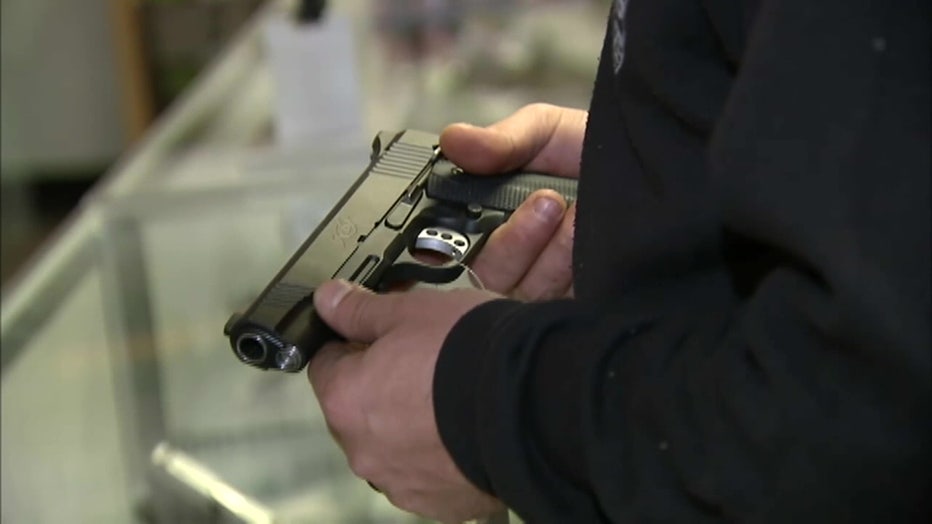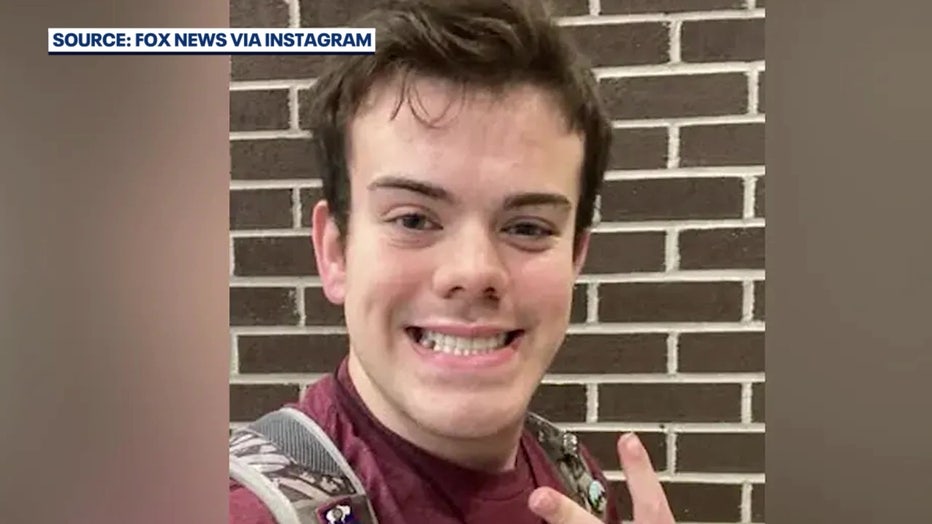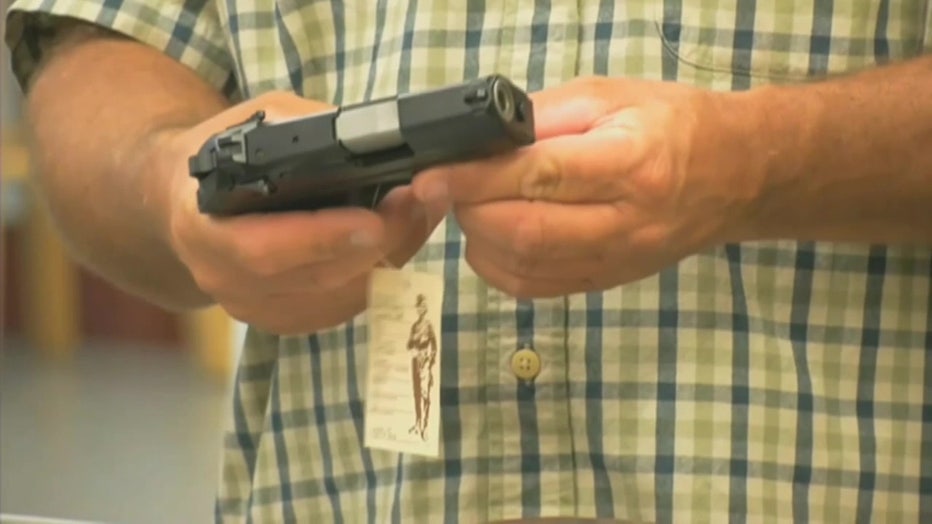Study of Florida’s red flag laws discussed after FSU shooting
TAMPA, Fla. - As the investigation into Thursday’s mass shooting at Florida State University begins, the discussion surrounding signs before the shooting has researchers at the University of South Florida’s Center for Justice Research and Policy sharing the latest on their study into Florida’s red flag law.
The saying "see something, say something" is around for a reason, and USF psychology professor Edelyn Verona is studying how Floridians speak up.
"Red flag laws, as they are known commonly, are also called extreme risk protection orders in Florida. Those are civil orders that law enforcement can take out if a person is deemed to be at risk of harm to themselves or others," said Verona, who is the co-director of the Center for Justice Research and Policy at USF.

Dig deeper:
The law temporarily removes firearms, and Verona started looking into how Flordians apply the law across the state in 2022.
"What we’ve been doing is comparing how the red flag laws are being implemented here in Florida, where only law enforcement are permitted petitioners, versus Maryland," said Verona. "In Maryland, family members, clinicians and others can also petition, besides law enforcement."
RELATED: FSU holds vigil after mass shooting: 'A terrible act of violence'
Verona said they’re noticing it matters who can petition an order.
"So, one thing that we have found, at least in Florida, is that they’re used quite often, and the community doesn’t know enough about them," said Verona.

Big picture view:
With the latest mass shooting at FSU, the topic is resurfacing.
"Even before we heard anything about the shooter, I was thinking there were red flags because almost invariably there are red flags that could have been caught," said Verona.
Law enforcement officers in Tallahassee are looking for signs and for a possible motive.
Some students who knew the suspected shooter, Phoenix Ikner, 20, said he touted hateful and extreme ideas.

PICTURED: Phoenix Ikner.
RELATED: Deadly FSU shooting: Latest updates
"It’s one of those things, though, that maybe when you know this horrific thing occurred, you can look back and say ‘Oh wow, there maybe were signs,’" said Bryanna Fox, a professor of criminology at USF. "How often do people say weird things, and you don’t think anything of it until something very bad occurs?"
Fox has prior FBI experience, and she said it’s worth noting that the shooter has a stepmother who is a longtime deputy with the Leon County Sheriff’s Office and Ikner’s involvement in the agency’s youth advisory council.
"That’s saying a lot – that he had so many eyes on him and still nobody saw these signs. That really goes to show that when those kinds of things could fail, maybe it’s access to guns that we really need to be able to restrict because we’re not doing a good enough job just looking at signs alone," said Fox.
What's next:
Through USF’s Center for Justice Research and Policy, Verona and Fox said there could be room for change.
"One thing we’re looking into is how extreme risk protection orders, otherwise known as red flag laws, could be better implemented," said Fox. "They really only work if people see something and say something."
CLICK HERE:>>> Follow FOX 13 on YouTube
Verona said there could be room for changing how to identify those at risk under red flag laws, not just by removing firearms but also by adding more policies to provide mental health support.
As part of Verona’s study, she plans to interview those who had their guns taken away to understand better the impact it had.

The Source: FOX 13's Briona Arradondo collected the information in this story.
WATCH FOX 13 NEWS LIVE:
STAY CONNECTED WITH FOX 13 TAMPA:
- Download the FOX Local app for your smart TV
- Download FOX Local mobile app: Apple | Android
- Download the FOX 13 News app for breaking news alerts, latest headlines
- Download the SkyTower Radar app
- Sign up for FOX 13’s daily newsletter

